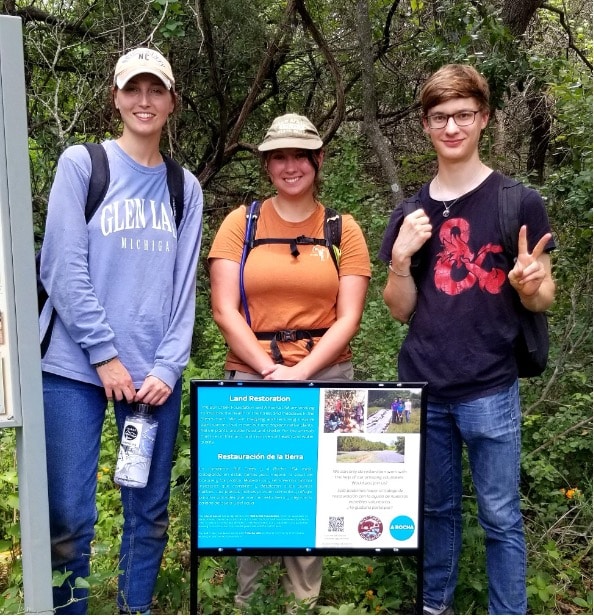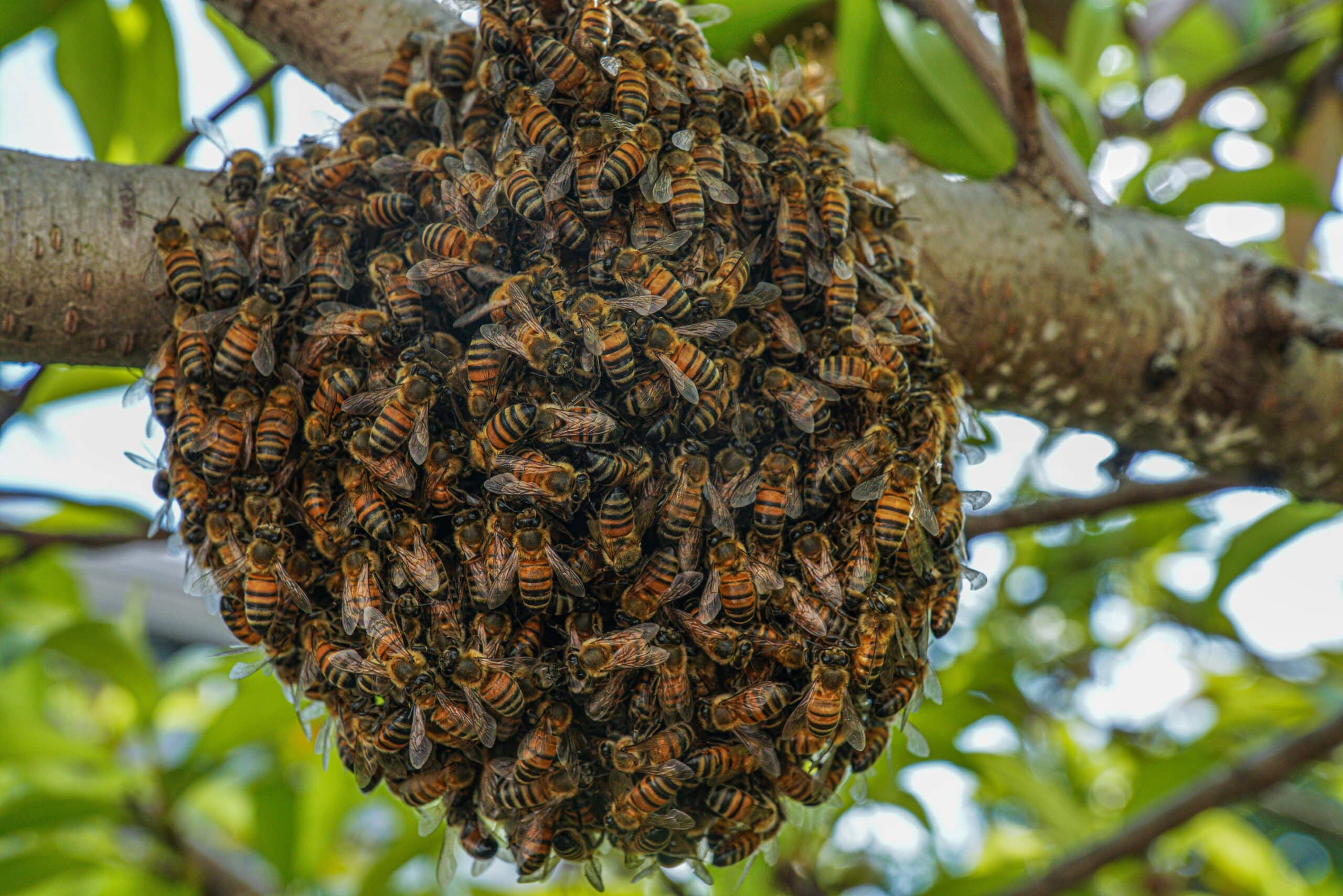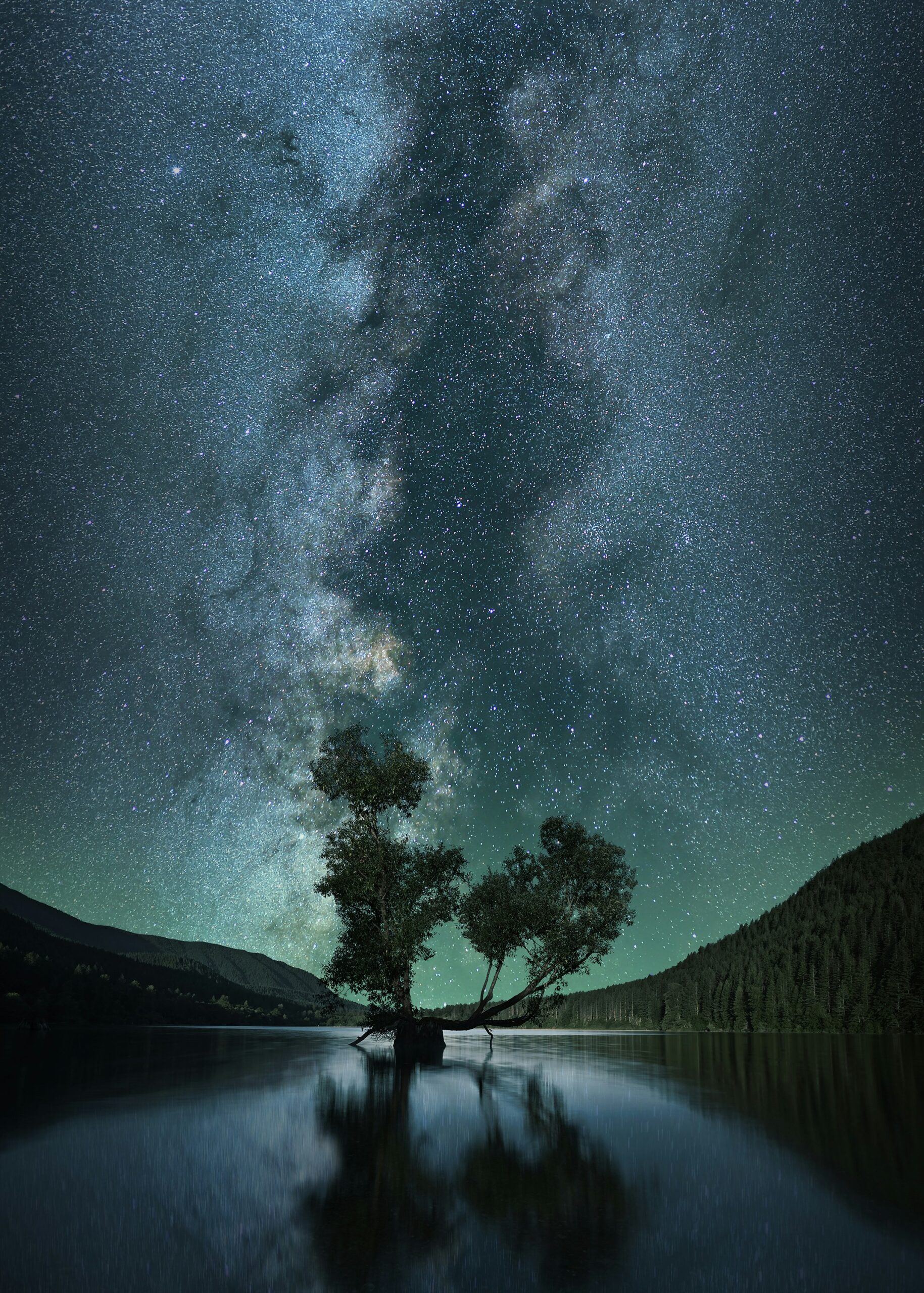Love the fast
I admit that each year as Lent approaches, I am pricked by a feeling of dread. Traditionally, the Lenten fast involves abstaining from certain foods (meat and meat products) and generally eating less in order to make us mindful of our dependence on God. Especially in the early days of the fast, this can mean genuine hunger and tiredness. This year, though, I am determined to ‘love the fast’, as the monks say. Exploring Lent as a form of creation care is helping me to view fasting as God instructed: a season ‘of joy and gladness, and cheerful feasts’ (Zechariah 8:19).
It’s a happy paradox that by giving up certain comforts through fasting, we can become more thankful for God’s many gifts. We learn to see the world with the eyes of Adam and Eve in Paradise: a place of delight and abundance for all of the creatures, plants and people inside of it. Here, creation served humans not as an object used to satisfy our passions, but as an instrument of God’s mercy and as a way to know the Creator more.
This all changed quite quickly when Adam and Eve transgressed God’s single boundary on their consumption: ‘So when the woman saw that the tree was good for food, and that it was a delight to the eyes, and that the tree was to be desired to make one wise, she took of its fruit and ate; and she also gave some to her husband, who was with her, and he ate’ (Genesis 3:6).
In a fallen state, humans abuse creation to satisfy our passions and appetites. Everywhere we look, we can see this: in our food system rife with violence and exploitation, in our disposable consumption habits, in waste management, deforestation, energy use and so much more.
Often, our love for other people, objects, creatures or places twists into a desire to possess and consume. The Lenten fast can begin to correct this pattern. By saying ‘no’ to certain comforts and luxuries we often take for granted, we learn to love God’s creation without the need to possess it or be possessed by it. This season reminds us that none of the things we give up were ours to begin with. Rather, creation is God’s gift, and it is meant for the flourishing of all.
The fast is incomplete without prayer and almsgiving. Throughout the Bible, fasting is not an end in itself but a way to draw near to God with ever more vibrant and living prayer. In a very practical way, my relatively small feelings of hunger during Lent remind me to pray for the global poor and to work for a community where food is accessible, abundant and nutritious. True fasting is not only a spiritual exercise, says St. Seraphim, but involves ‘taking that piece of bread which you would like to eat yourself, and giving it instead to one who is hungry’ (The Spiritual Instructions).
To this end, in her book Living in God’s Creation, Elizabeth Theokritoff writes, ‘When it comes to the use of the material world, it becomes very clear that asceticism is not an individual matter of self-improvement, but something profoundly communal: it has to do with how we use gifts bestowed for the benefit of all’ (p.105). This asceticism inspires a connection with the Giver that brings us joy in the things he has made. It can also have a profound impact on our lives long after Lent is over as a means of restoring well-ordered relationships between us and the rest of creation.
If your community doesn’t have a regular fasting tradition (or in addition to your tradition!), consider joining Climate Stewards’ Carbon Fast for Lent. Beginning 22 February, we are fasting to draw near to God and deepen our care for the climate. Each week will feature a different theme designed to help us take small steps to protect the climate and form habits that could last a lifetime.
Autumn Ayers
Social Media & Content Coordinator
A Rocha International



